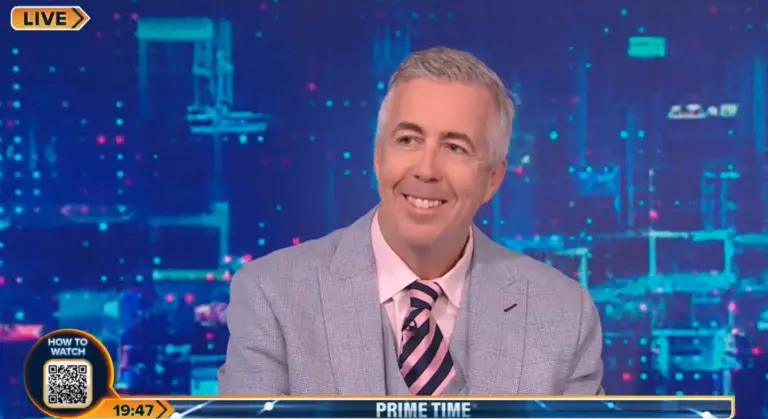With the General Election anticipated to be around 12 months away, this year’s party conferences could be one of the public’s final times to size up their options when it comes to making their decision at the ballot box in 2024.
For the Conservative Party, they will want to use their conference in Manchester as an opportunity for Rishi Sunak to set out his vision for the country and convince the public that the party deserves another shot at governing, despite the difficulties of the past few years. Tory conference is often a blend of traditional values with a sprinkle of modernity (Jacob Rees-Mogg posing with a VR head set anyone?), reflecting the party’s ongoing struggle to balance its historical roots with the demands of a changing electorate. Expect policy announcements from the main stage to focus on controlling the cost of living, growing the economy, and stopping the boats. Conferences gone by have often been dominated by the big characters in the party; Boris Johnson was regularly the star-turn. With him gone, perhaps Rishi Sunak will be afforded the space to set his own narrative and outline his vision for the country.
That said, Sunak is not as popular with the membership as his two predecessors were and this could prove challenging for him as he’ll seek to use party conference as a means of geeing up the party faithful and readying them for a long period of campaigning in the build-up to the General Election. We may well see Sunak pulling one or two rabbits out of the hat to turn around his stuttering premiership.
On the other hand, The Labour Party will be hoping to play it safe. Enjoying a commanding lead in the polls means that Keir Starmer’s main job is to keep his powder dry and avoid any fluff-ups that makes the media and public question his suitability for office. Starmer has done a stellar job in wrestling control of his party away from the left-wing supporters of Jeremy Corbyn, but plenty of them will be on show at their conference in Liverpool. Starmer will be hoping that distractions and internal fighting is kept to a minimum so he can continue to position him and his top team as a ‘government in waiting’.
Both conferences are more than just policy discussions, though. They are a spectacle of political theatre. The keynote speeches by party leaders are the marquee events, dissected by journalists and analysts for clues about the party’s direction and the leader’s standing. Keep a keen eye on what each party leader chooses as their ‘walk on’ song as this will often offer a good idea as to what they want their set-piece speech to convey. Liz Truss chose M-People’s ‘Movin’ On Up’ last year. It didn’t quite work out that way.
But beyond the main stage, the real action often happens in the fringe events. These smaller, more intimate sessions are where in-depth discussions occur, away from the glare of the national media. For attendees, these events are golden opportunities to engage with MPs, policymakers, and influencers in a more relaxed setting.
Networking is, of course, a significant component. The corridors, bars, and restaurants around the conference venues buzz with activity – and warm, cheap wine. Often, this is where deals are struck, alliances are formed, and gossip is exchanged. For public affairs professionals, these informal interactions can often be more valuable than the formal sessions, offering insights that are not available in the public domain. Nothing is more insightful than an MP or adviser after their lips have been loosened by a glass of Chablis or two.
Conferences offer a deep dive into the core thinking behind the major parties. Often, it is what is left unsaid that provides the biggest hint as to what our politicians are thinking. Yes, they can be tedious and sometimes a little forced, but for Westminster-watchers they are unmissable.





